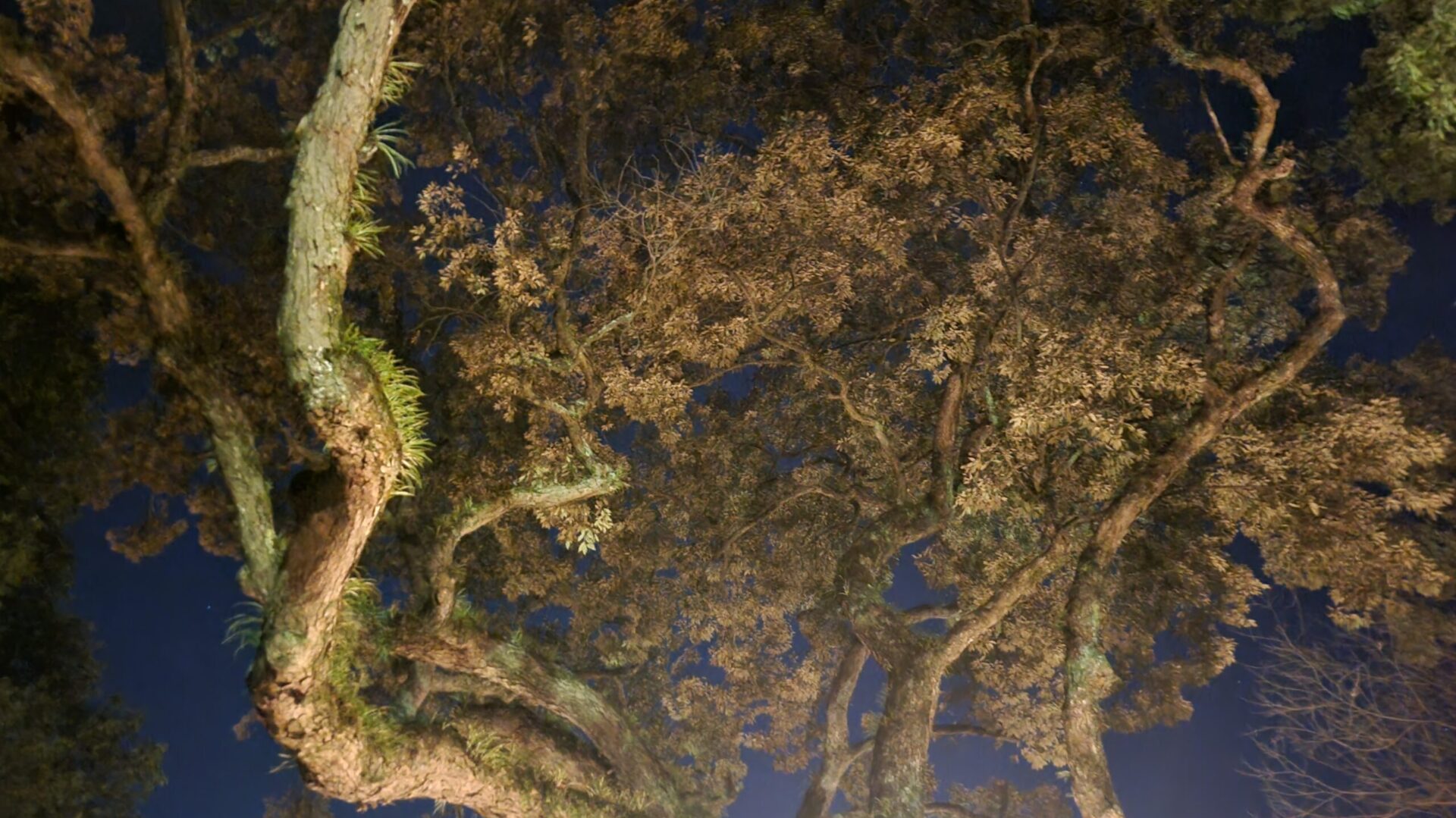What makes a hero?
In this day and age, people have lost faith in heroes. When we glance backwards in history, those who did great things did so at great cost, didn’t always follow the rules, and didn’t necessarily hold themselves to the standards that they inspired. When we look around at the present, it’s easy to develop a cynicism that suggests there’s no such thing as heroes. Certainly, no one in power can easily be held up as a figure of moral quality and success in the same breath. After all, we live in a society that insists the rules bend to our desires. If a person or group of persons suggests that our way of life or choices are immoral or prohibited, we tend to fault not the person, not the choice, but the rule. Who is making these rules anyway, other than people just like ourselves, making rules that are convenient for them? Such is the state of morality in this modern age.
The problem is, morality is an intrinsic attribute of heroes. An immoral person cannot be a hero. Sure, we play around idea of “dark heroes” and “antiheroes”, but what we are asking in such cases is not, “Are they moral?”, but, “To which moral code do they subscribe?” We question what morality is, and with good reason. We lack good examples, and no longer trust in the standards which were once commonly accepted. And why do we no longer trust them? Because we found them inconvenient. After all, any moral standard which actually prohibits evil behavior must, by necessity, be found immovable in the face of desire. Just because you want a person’s land does not mean that it is no longer stealing when you take it by force. Wanting it doesn’t negate the immorality of such an act.
So, are heroes those who lay aside all desire? Of course not. It’s not a lack of desire, but what they desire that makes them different. Rather than desiring safety, privilege, popularity, wealth or ease, they desire such things for others, but more than that, they prioritize morality itself over their own desires. Their own desires have a place, and motivate at times, but to heroes, morality itself, and the innocent and weak who are protected by it, is something to be protected, something to fight and even kill for.
Can you sense how alien such thinking is to the modern mind? Nowadays, if you want to write a story about heroes, even they must be ultimately motivated by at least partially selfish desires in order to make them even comprehensible. We simply can’t connect to people who actually believe in a higher standard, a law above one’s own ends, to whom we must submit if we actually hope to be moral people. Such is the state of morality in this modern age.
Even so, we try. We make stories about heroic persons who overcome personal weakness and external challenges to win the day, earn the rewards, and save others. We dream of heroes that we could actually look up to. They are cool, they are sacrificial, they are brave. They dare, and fight, and remain immovable in the face of opposition. We can’t help ourselves. Our need for something greater is woven into the fabric of our souls. We know, without ever needing to be taught, that our present state is not how it should be.
With such thoughts in mind, I too, wrote a story about a hero. A young man, trying to subscribe to a higher standard. Trying to defend it. And it must be said, for the most part he fails. You see, I wrote a story about a person, not just a hero. But throughout the story, as he fails, he learns a better way. He listens to wisdom and changes himself. He lays aside those desires which lead him astray, and pursues those things which draw him closer to something greater.
Such is my hope for the state of morality in this modern age. That through our failure, not despite them, we would learn the direction we should go. That we would look clear-eyed upon the catastrophic results of our poor choices and chose, with courage and humility, to turn and be changed. That we would stop blaming those things we cannot control and look within, daring to acknowledge the evil therein, because darkness can only be seen in the light, and having seen the light, that we would be drawn to it.

If you would like to hear more about these things, would like to see them played out in a example that is both empathetic and entertaining, you should check out my book, “The Origin of Fire-Eyes Katsuki”. It is available at: The Origin of Fire-Eyes Katsuki — Kindle.
I invite you to change your mind.



You must be logged in to post a comment.